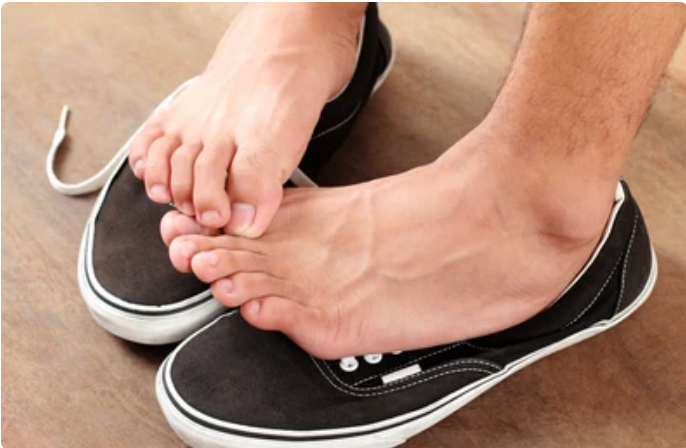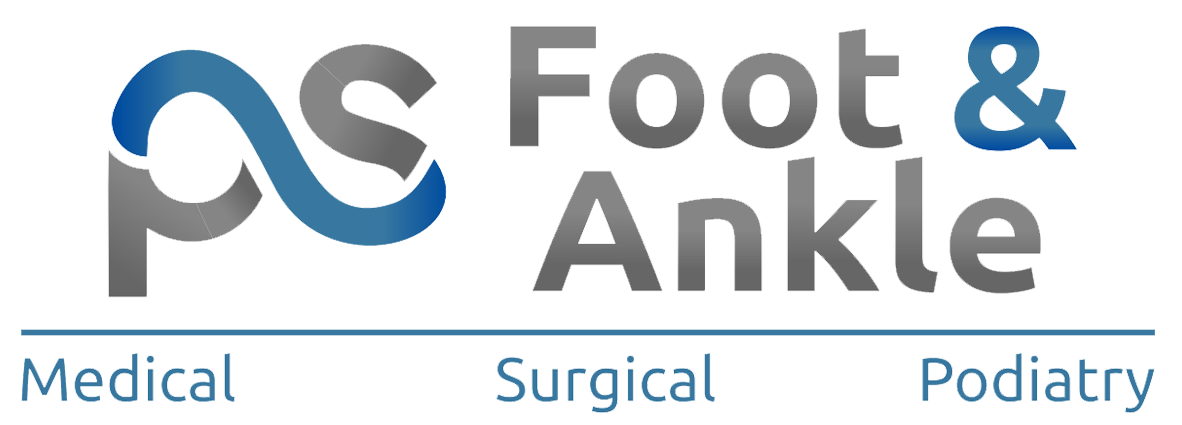Hallux Rigidus
Hallux Rigidus Treatment | Big Toe Pain Relief | Bridgewater, NJ
Understanding Hallux Rigidus: Causes, Symptoms, and Treatment Options

Hallux rigidus is a debilitating condition that affects the big toe joint, causing pain, stiffness, and limited mobility. It can significantly impact one’s ability to walk, stand, and engage in everyday activities. In this blog post, we will delve into the causes, symptoms, and treatment options for hallux rigidus to provide a comprehensive understanding of this condition and empower individuals to seek appropriate care.
What is Hallux Rigidus?
Hallux rigidus is a form of arthritis that affects the metatarsophalangeal (MTP) joint at the base of the big toe. It is characterized by the progressive degeneration of the joint cartilage, leading to stiffness and loss of motion. As the condition advances, the joint becomes increasingly rigid, making it difficult to bend the big toe and causing pain with movement.
Causes of Hallux Rigidus:
The exact cause of hallux rigidus is not always clear, but several factors may contribute to its development, including:
1. Genetics: There may be a genetic predisposition to developing arthritis, including hallux rigidus.
2. Structural abnormalities: Certain foot deformities or structural irregularities can predispose individuals to developing hallux rigidus. Often times have a hallux valgus (bunion) deformity can exsist with a severely arthritic joint.
3. Previous injury or trauma: Injuries to the big toe joint, such as fractures or dislocations, can increase the risk of developing arthritis later in life.
4. Overuse or repetitive stress: Activities that place excessive pressure on the big toe joint, such as running or jumping, may contribute to the degeneration of the joint cartilage over time.
Symptoms of Hallux Rigidus:
Hallux rigidus typically presents with the following symptoms:
1. Pain and stiffness in the big toe joint, particularly during walking, standing, or bending the toe.
2. Difficulty bending or straightening the big toe, leading to a rigid and immobile joint.
3. Swelling and inflammation around the affected joint.
4. Difficulty wearing certain types of shoes, particularly those with a narrow toe box.
5. Development of bone spurs (osteophytes) around the joint, which can exacerbate pain and limit mobility further.
Treatment Options for Hallux Rigidus:
The treatment of hallux rigidus depends on the severity of the condition and the individual’s symptoms. Treatment options may include:
1. Conservative measures: Initially, conservative treatments such as rest, ice therapy, and nonsteroidal anti-inflammatory drugs (NSAIDs) may be recommended to alleviate pain and inflammation.
2. Orthotic devices: Custom orthotic inserts or stiff-soled shoes can help to support the arch of the foot and reduce pressure on the big toe joint.
3. Corticosteroid injections: Injections of corticosteroids into the affected joint can provide temporary relief of pain and inflammation.
4. Physical therapy: Physical therapy exercises can help to improve joint mobility, strengthen the surrounding muscles, and alleviate symptoms.
5. Surgical intervention: In severe cases where conservative treatments have failed to provide relief, surgical options such as arthrodesis (fusion of the joint), or joint replacement surgery may be considered.
Hallux rigidus is a challenging condition that can significantly impact one’s quality of life. However, with early recognition and appropriate treatment, individuals with hallux rigidus can find relief from pain and regain function in their feet. If you are experiencing symptoms of hallux rigidus, it is essential to consult with a healthcare professional for a comprehensive evaluation and personalized treatment plan made by Dr. Sanghvi. By understanding the causes, symptoms, and treatment options for hallux rigidus, individuals can take proactive steps towards managing their condition and improving their overall foot health.

